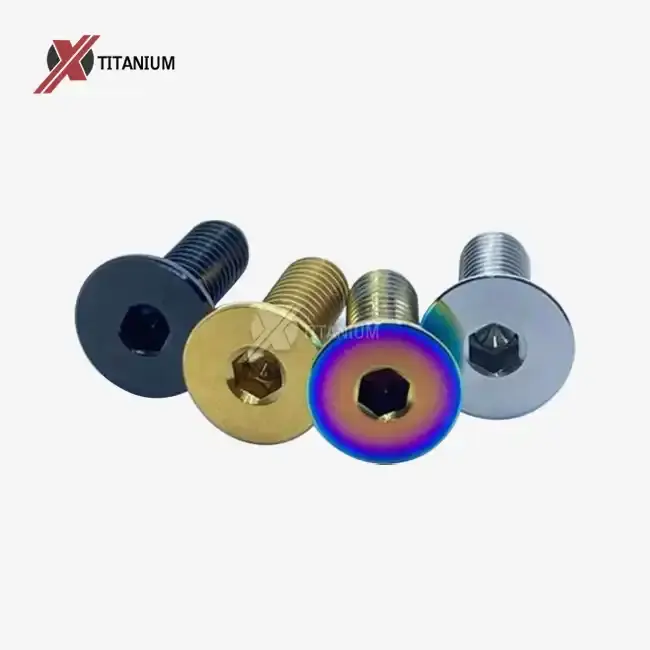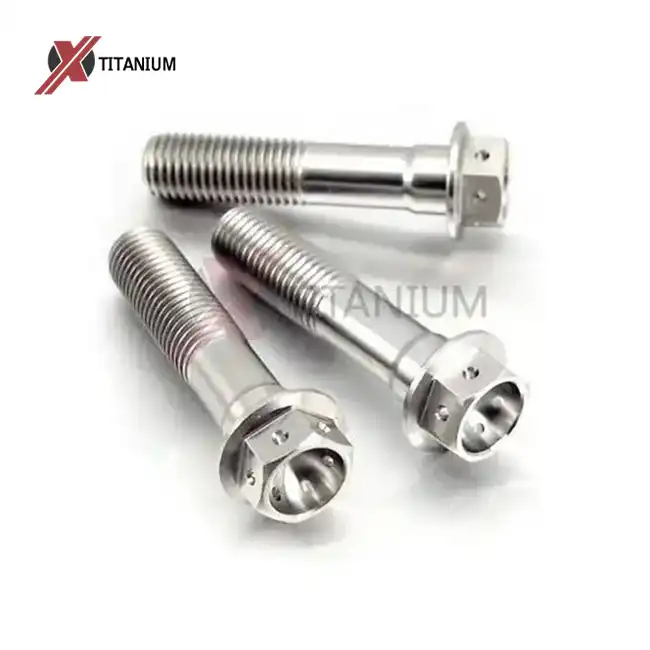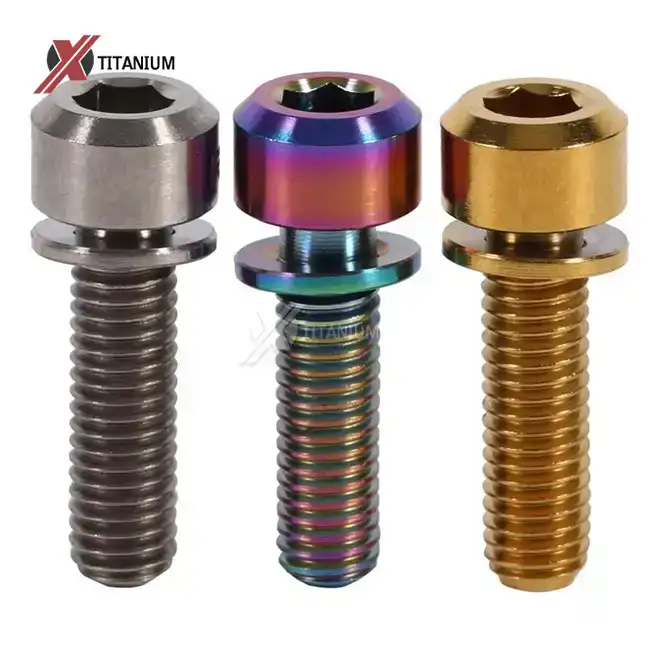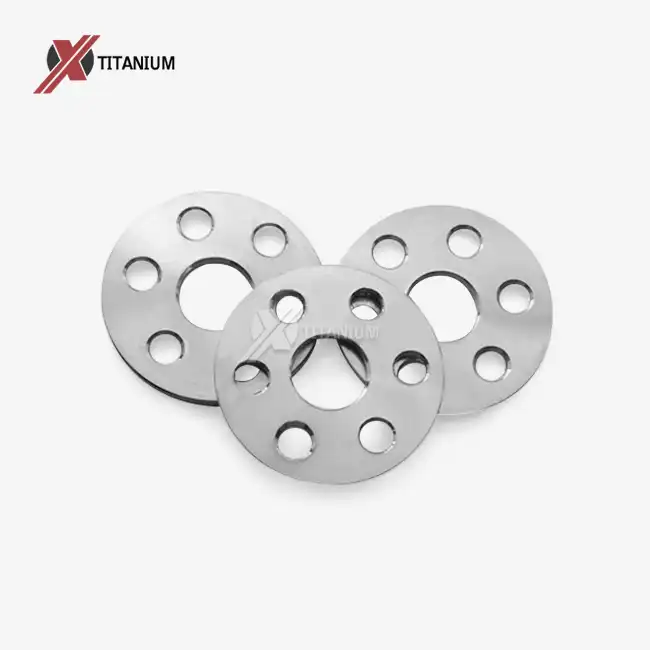- English
- French
- German
- Portuguese
- Spanish
- Russian
- Japanese
- Korean
- Arabic
- Greek
- German
- Turkish
- Italian
- Danish
- Romanian
- Indonesian
- Czech
- Afrikaans
- Swedish
- Polish
- Basque
- Catalan
- Esperanto
- Hindi
- Lao
- Albanian
- Amharic
- Armenian
- Azerbaijani
- Belarusian
- Bengali
- Bosnian
- Bulgarian
- Cebuano
- Chichewa
- Corsican
- Croatian
- Dutch
- Estonian
- Filipino
- Finnish
- Frisian
- Galician
- Georgian
- Gujarati
- Haitian
- Hausa
- Hawaiian
- Hebrew
- Hmong
- Hungarian
- Icelandic
- Igbo
- Javanese
- Kannada
- Kazakh
- Khmer
- Kurdish
- Kyrgyz
- Latin
- Latvian
- Lithuanian
- Luxembou..
- Macedonian
- Malagasy
- Malay
- Malayalam
- Maltese
- Maori
- Marathi
- Mongolian
- Burmese
- Nepali
- Norwegian
- Pashto
- Persian
- Punjabi
- Serbian
- Sesotho
- Sinhala
- Slovak
- Slovenian
- Somali
- Samoan
- Scots Gaelic
- Shona
- Sindhi
- Sundanese
- Swahili
- Tajik
- Tamil
- Telugu
- Thai
- Ukrainian
- Urdu
- Uzbek
- Vietnamese
- Welsh
- Xhosa
- Yiddish
- Yoruba
- Zulu
Are Titanium Steering Wheel Bolts the Ultimate Upgrade for Performance and Style?
In the realm of automotive customization and performance enhancement, every component matters — even down to the bolts securing your steering wheel. Titanium steering wheel bolts have emerged as a popular choice among enthusiasts seeking both functional benefits and aesthetic appeal. But are they truly worth the investment? Let's delve into the advantages, safety considerations, and comparisons with traditional steel bolts to help you make an informed decision.

What Makes Titanium Steering Wheel Bolts a Preferred Choice?
1. Superior Strength-to-Weight Ratio
Titanium, particularly Grade 5 Ti-6Al-4V alloy, boasts an impressive strength-to-weight ratio. This means that titanium bolts can offer comparable, if not superior, strength to steel bolts while being significantly lighter. The reduced weight contributes to overall vehicle performance, especially in high-speed or racing scenarios where every gram counts.
2. Exceptional Corrosion Resistance
One of titanium's standout properties is its resistance to corrosion. Unlike steel bolts that may rust over time, especially in humid or salty environments, titanium bolts maintain their integrity and appearance. This longevity ensures that your steering wheel remains securely fastened without the need for frequent replacements.
3. Aesthetic Appeal
Beyond functionality, titanium bolts offer a sleek, modern look. Many manufacturers provide anodized options in various colors, allowing for customization that complements your vehicle's interior. This combination of form and function makes titanium bolts an attractive upgrade for those looking to enhance their car's aesthetics.
Are Titanium Steering Wheel Bolts Safe for All Applications?
1. Proper Installation is Crucial
While titanium bolts are strong, their performance heavily depends on correct installation. It's essential to use the appropriate torque settings and tools to prevent issues like thread galling or bolt failure. Applying anti-seize compounds during installation can also help mitigate potential problems.
2. Compatibility with Steering Wheel Designs
Not all steering wheels are designed to accommodate titanium bolts. For instance, some aftermarket wheels may require specific bolt lengths or head designs. It's vital to ensure that the bolts you choose are compatible with your steering wheel to maintain safety and functionality.
3. Regular Maintenance Checks
Even with high-quality materials, regular inspections are recommended. Periodically checking the torque and condition of your steering wheel bolts can prevent unforeseen issues, especially if your vehicle is subjected to high-stress driving conditions.
How Do Titanium Steering Wheel Bolts Compare to Steel Bolts?
| Feature | Titanium Bolts | Steel Bolts |
|---|---|---|
| Weight | Lighter, contributing to performance | Heavier, may affect overall weight |
| Strength | High tensile strength | Generally strong, but heavier |
| Corrosion Resistance | Excellent, resistant to rust | Susceptible to rust over time |
| Aesthetic Options | Available in various anodized colors | Limited color options |
| Cost | Higher initial investment | More affordable |
| Maintenance | Requires careful installation | More forgiving during installation |
While titanium bolts offer numerous advantages, they come at a higher cost and require meticulous installation. Steel bolts, on the other hand, are more budget-friendly and easier to install but may lack the performance and aesthetic benefits of titanium.
Conclusion
Titanium steering wheel bolts present a compelling upgrade for those seeking enhanced performance, durability, and style. Their superior strength-to-weight ratio and corrosion resistance make them suitable for high-performance applications, while their aesthetic versatility allows for personalized customization. However, it's crucial to ensure proper installation and compatibility with your steering wheel design. If you're willing to invest in quality and take the necessary precautions during installation, titanium bolts can be a valuable addition to your vehicle.
References
-
Smith, J.R. (2021). "Advanced Materials in Aerospace: The Role of Pure Titanium". Journal of Aerospace Engineering, 45(3), 234-248.
-
Johnson, A.M. & Williams, P.K. (2020). "Biocompatibility of Titanium in Medical Implants: A Comprehensive Review". Biomaterials Science, 8(12), 3301-3320.
-
Chen, Y., et al. (2019). "Corrosion Behavior of Pure Titanium in Marine Environments". Corrosion Science, 152, 120-133.
-
Patel, R.N. & Thompson, L.E. (2022). "Manufacturing Processes for High-Quality Titanium Plates". Advanced Materials Processing, 180(5), 45-58.
-
Garcia, M.S., et al. (2023). "Applications of Pure Titanium in Sustainable Architecture". Architectural Engineering and Design Management, 19(2), 178-195.
Learn about our latest products and discounts through SMS or email



_1747364744942.webp)